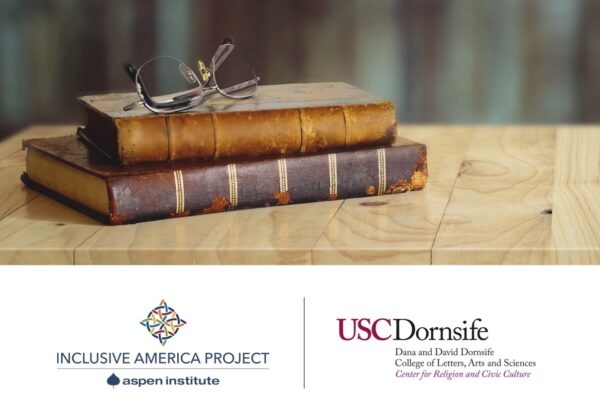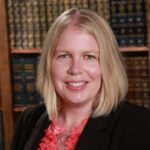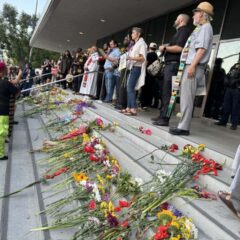The Arthur Vining Davis Foundations (AVDF) commissioned the Aspen Institute Inclusive America Project (IAP) to conduct a review of content providers and creators of religious literacy materials in the categories of new media, education, and journalism. IAP partnered with the USC Center for Religion and Civic Culture (CRCC) to undertake the review, focusing on those three categories. This collaborative effort has two aims: to distill findings and recommendations that might inform an approach to building on content creators’ current work; and to offer resources to funders as they explore opportunities to participate in this work. Download the report from the Aspen Institute.
Overview
This report seeks to help practitioners, content creators, academics, and funders understand the landscape of religious literacy content being developed in education, new media, and journalism. Our hope is to provide these individuals with a broader perspective on what has been created so that they can situate themselves within this landscape, find a community of fellow travelers with whom they can foster new collaborations, and learn and grow their own work. In doing so, they may contribute to a larger collective effort.
This report seeks to understand what is meant by religious literacy and proposes an alternative framing for these efforts under the broader banner of “advancing public knowledge about religions.” We also propose a finer parsing of the various elements and components that make religious literacy part of the work to foster and advance religious pluralism and civic health in the United States. The report includes a five-part categorization of content developed to foster religious literacy: 1) constructing the category of what is and is not religion, 2) creating religious knowledge, 3) exploring values that connect with religious ideas, 4) fostering pluralism and interreligious understanding, and 5) widening exposure for religious “others.” The report includes an analysis of the content developed in three categories: education, new media, and journalism, as well as a review of the Inclusive America Project’s efforts to bring academics and practitioners into a larger conversation with each other and build a network and community around this work. Embedded in the report are recommendations and insights that may be useful to those seeking to contribute to and advance religious literacy efforts.
Click here to read the report from the Aspen Institute Inclusive America Project
Brie Loskota is the former executive director (2016-2021) of the USC Center for Religion and Civil Culture.





